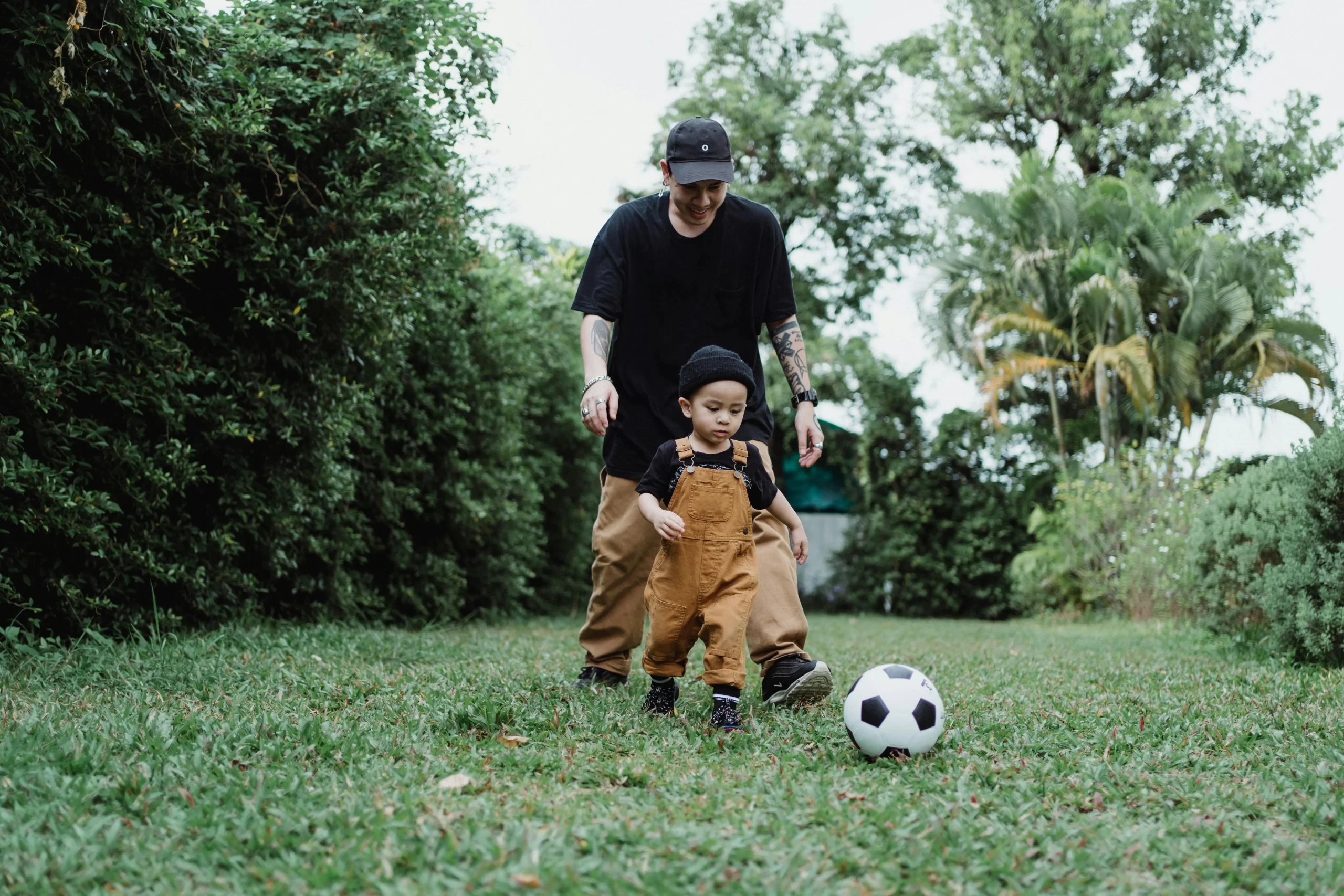How to Excel When Transitioning to Higher Sports Competition
Introduction
Transitioning to higher levels of competition can be a daunting experience for young athletes. As a parent, you might have witnessed your child’s excitement mixed with anxiety when they step into a new team, league, or sport altogether. It’s normal for them to feel out of place or overwhelmed, especially when they see their new environment filled with advanced skills and seasoned players. As parents, it’s our responsibility to help them navigate this pivotal moment in their athletic journey. Together, we can cultivate their confidence, encourage them to embrace challenges, and support their growth every step of the way.
Understanding the Challenge: Why Transitions Are Difficult
- Increased Competition Level
When athletes move to a higher level, they often face competitors who possess greater experience and skill. This sudden jump can lead to feelings of inadequacy. Your child may question whether they belong, leading to self-doubt. - New Skills Requirements
Higher levels of competition frequently demand advanced techniques and strategies. If your child has focused mostly on basic skills, they might feel overwhelmed upon encountering more complex plays or tactics. - Psychological Pressure
Moving up means stakes can be higher, and this creates additional stress. Athletes may feel they need to perform perfectly to prove themselves, which can lead to anxiety and burnout. - Social Dynamics
A new team environment means establishing new relationships. Your child might worry about fitting in, making friends, or losing their current camaraderie developed in previous teams.
Step-by-Step Guide to Easing the Transition
To help your child thrive amidst these challenges, you can follow these actionable steps:
Step 1: Encourage Open Communication
Talk to your child about their feelings regarding the transition. It’s essential to create a supportive atmosphere where they can express fears, expectations, and hopes about the new competition. Listening to them reassures them that their feelings are valid and important.
Step 2: Set Realistic Goals
Encourage your child to set achievable goals for the new level. Breaking down their aspirations into smaller, manageable objectives can reduce feelings of overwhelm. For instance, mastering a specific skill within a month is more beneficial than aiming to be the best player immediately.
Step 3: Promote Skill Development
Support your child’s journey by arranging practice sessions that focus on the new skills required for the higher level. Consider enrolling them in clinics or camps where they can learn these advanced techniques in a supportive environment.
Step 4: Foster a Growth Mindset
Help your child understand that improvement comes with time and effort. Emphasize that making mistakes is a crucial part of learning. Share stories of athletes who faced challenges in their transitions but ultimately succeeded through hard work and perseverance.
Step 5: Develop Mental Resilience
Teaching your child mental toughness can be vital. Encourage techniques like visualization, positive self-talk, or mindfulness exercises. These tools will help them handle pressure and maintain focus during competitions.
Step 6: Encourage Team Bonding
If possible, arrange social interactions outside of practice with their new teammates. Building friendships can ease anxiety and foster a team spirit, which enhances collaboration during competitions. A simple team outing can effectively break the ice.
Step 7: Persevere Together
Remind your child that every athlete goes through tough transitions. Share your experiences of overcoming challenges, reinforcing that perseverance pays off. Knowing that others face similar struggles can motivate and inspire them.
Step 8: Celebrate Small Wins
No victory is too small. Celebrate your child’s milestones during the transition, whether it’s mastering a new skill, contributing to the team, or even just showing up. Recognizing progress reinforces their dedication and builds their confidence.
Troubleshooting Potential Issues
While transitions can go smoothly, there might be bumps along the road. Be on the lookout for signs of burnout or prolonged anxiety. If such signs arise, consider these tips:
- Re-evaluate Commitments: Ensure your child isn’t overburdened. If they’re participating in multiple sports or activities, it may be time to scale back.
- Seek Professional Guidance: If anxiety or performance issues persist, engaging with a sports psychologist might offer your child valuable coping mechanisms.
Summary and Call-to-Action
Transitioning to higher levels of competition brings challenges for young athletes, but as parents, we have the power to equip them for success. By promoting open communication, setting realistic goals, and fostering skill development, we can help our children build confidence. Remember to celebrate their progress, support their mental resilience, and encourage them to connect with teammates. I invite you to take action today: engage in a discussion with your child about their upcoming competition and ask them how you can support them. Together, let’s help them embrace the challenge and emerge stronger, both as athletes and individuals.




